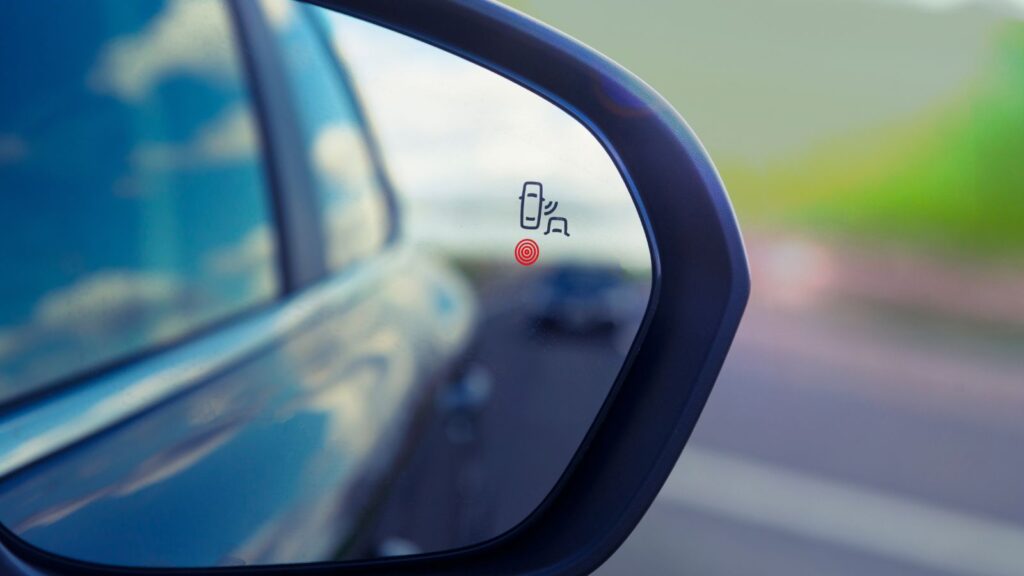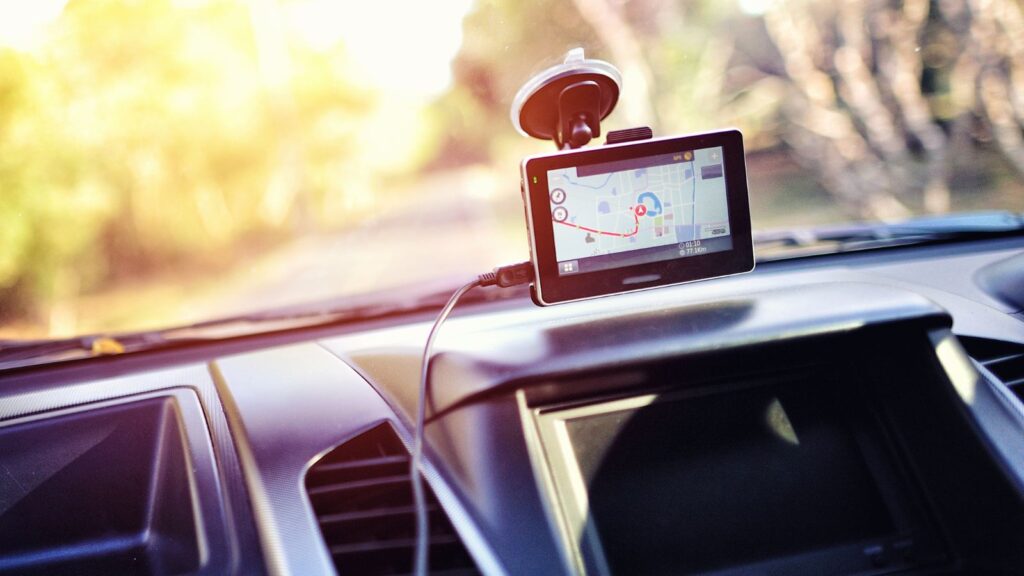Driving is a big part of staying independent, but you should ask yourself if you’re still safe behind the wheel as you hit your golden years. Here are 18 signs suggesting passing the keys might be safer. We’re not trying to take away anybody’s freedom; these are just things you might want to keep an eye on.
A Bit Blurry

If squinting to read street signs and struggling to see in low light have become common, that’s a big red flag. You need good vision to drive; things like cataracts or glaucoma can cause major issues as we age. Getting an annual eye exam can help you keep track of your sight so you’ll know if it’s still safe to drive or if it’s time to think about other transport options.
The Sounds of the Road

Hearing is another important sense you need when driving, whether that’s the sound of sirens or honking. If you find yourself surprised by a car suddenly next to you or didn’t hear that ambulance coming until it was right there, your hearing might fail. This could be a sign to speak with your doctor and see how it affects your driving.
Slower Reactions

Remember when you could react almost immediately if someone braked suddenly or darted before you? When those reactions start slowing down, it’s important for your safety, and everyone else’s, to realize that something’s changed. After all, slower reflexes can turn small surprises on the road into big problems.
Medication Issues

Lots of people take medications that can make them feel sleepy or dizzy, and if that sounds like you, talk it over with your doctor. Feeling groggy and driving do not mix; even over-the-counter stuff can dull your reaction times or mess with your focus. Try speaking with your healthcare provider to stay safer on the road.
Aches and Pains

Similarly, dealing with pain when you’re driving, like from stiff joints or arthritis, can make it hard to keep your eyes on the road. Pain can distract you and slow your reactions, which isn’t what you want when you need to make quick driving decisions. This constant pain may be your body’s way of saying it’s time to retire from driving.
Too Many Close Calls

Have you had a few more “oops” moments lately? Repeated close calls are signs that you might want to hang up the keys, especially if this has become a bit of a pattern. This isn’t just bad luck but a signal that maybe, just maybe, it’s safer to let someone else do the driving. Just don’t risk it.
Struggling With the Basics

When the manual side of driving, like turning the wheel or switching pedals, starts to feel difficult, that’s a problem. It should be easy and comfortable for you to do these basics essential for safe driving, and struggling here might mean it’s time to consider other ways to get around. These actions should be second nature.
Where Was I Going Again?

Everyone forgets a turn occasionally, but if you’re getting lost, especially in places that used to be familiar, it could signal cognitive changes. Losing track of where you are is frustrating, but it can also be dangerous. You could potentially end up in unsafe situations or places, and that’s just not worth it.
Getting Pulled Over

Nobody likes getting pulled over, and when this happens more often, then you should take it seriously. The fines alone are annoying, but you must consider that other people are noticing dangerous changes in your driving. This feedback comes directly from the outside world, and it’s not the kind you can just shrug off.
Intimidating Intersections

Intersections require quick decision-making and sharp judgment. If you feel unsure or overwhelmed when approaching a crossroads, that could be a safety risk that suggests driving might not be your best option anymore. After all, hesitation causes accidents that affect everyone on the road.
Sweating Behind the Wheel

Feeling a little worried about driving is okay, but it shouldn’t make you too anxious or stressed. Anxiety can distract you and make driving riskier than it needs to be because it could mean you’re less likely to react well in unexpected situations. When the thought of driving gets your heart racing, it’s worth thinking about other ways to get around.
Feeling Unsure on the Road

Likewise, driving shouldn’t make you feel uncertain or hesitant; if it does, you should trust your gut. That hesitation can cause accidents if you’re not careful because confidence is important when you’re at the wheel. Whenever yours starts to waver, that suggests driving might not be the best idea for you.
Can’t Twist and Shout

Limited mobility can mean you’re not seeing everything you need to see, as you’ll need to check your blind spot. In some states, you’ll need to declare it to the DMV. Turning to look over your shoulder shouldn’t feel like a major chore; if it does, then that’s a real problem. It could mean you cannot notice hazards in time; we all know how that will go.
Signs Not Making Sense

Confusing what road signs tell you is one of the clearest signs to reconsider driving. Understanding traffic signals and signs is something you absolutely have to do when driving safely, and there’s no excuse not to. Being unable to read them is a risk to your life and those around you.
Forgetting the Little Things

Sometimes, we forget to check our mirrors or miss a glance at our blind spot, but this shouldn’t happen very often. These little details can make all the difference in avoiding an accident, and you should keep an eye out if these slip-ups are happening more often. This could be a warning to stop driving.
Avoiding Night Drives

Avoiding driving at night is often the first step many take when driving gets harder, although most people don’t think about it. But if you’re nervous at night, driving at other times could soon be just as difficult. You may want to look at other transport options that are safer for you.
Losing Interest

Sometimes, the important sign isn’t ability but desire, especially if you make excuses to avoid driving or simply don’t enjoy it anymore. Losing interest in driving can lead to less time behind the wheel, which might reduce your driving skills over time. You don’t have to like driving, but you need to stay sharp enough to be safe when you do.
Struggling With Technology

Modern cars have all sorts of buttons and screens that can be pretty overwhelming, especially if you’re used to older or simpler models. Being confused by basic functions like using GPS or understanding collision alerts could seriously compromise your safety. You should never feel lost by the technology in your vehicle.
19 Grim Realities of Dating After 50 That Are Often Overlooked

19 Grim Realities of Dating After 50 That Are Often Overlooked
26 Things That Will Be Extinct Because Millennials Refuse to Buy Them

26 Things That Will Be Extinct Because Millennials Refuse to Buy Them
24 Outdated Slang Terms You Absolutely Shouldn’t Be Using Anymore

24 Outdated Slang Terms You Absolutely Shouldn’t Be Using Anymore
25 Hardest Parts About Getting Older That No One Ever Talks About

25 Hardest Parts About Getting Older That No One Ever Talks About






